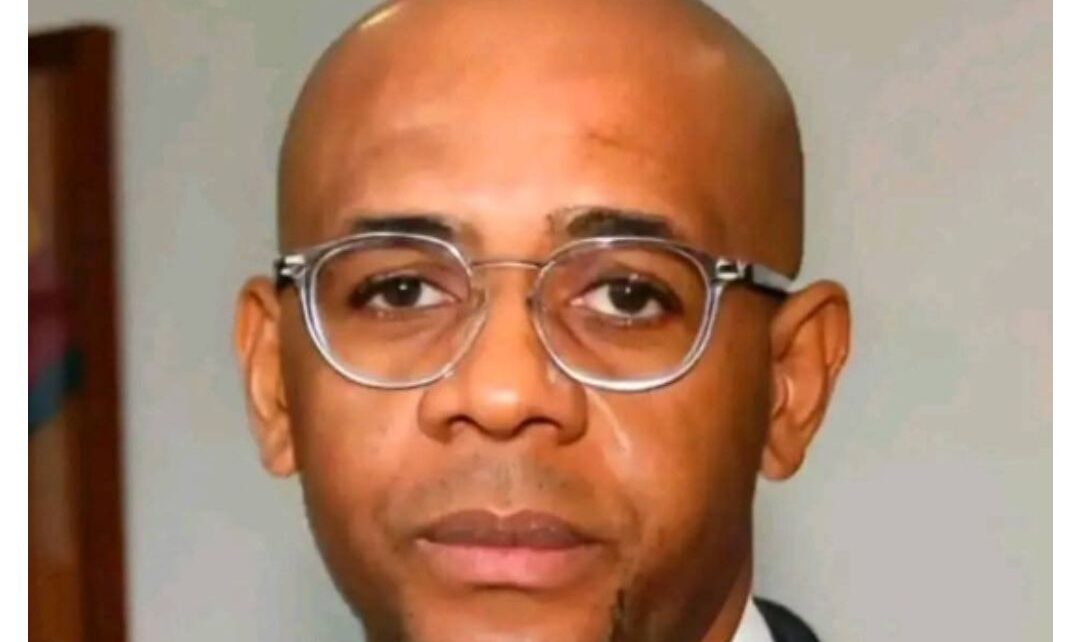In a scandal that has shocked both Equatorial Guinea and the international community, Baltasar Ebang Engonga, a once-powerful financial official, has been sentenced to eight years in prison for embezzlement. Known locally by the nickname “Bello,” Engonga served as the head of the country’s National Financial Investigation Agency, a role that placed him at the heart of public accountability and fiscal oversight. Ironically, it was within this very position of trust that he was found guilty of misappropriating state funds intended for official travel and staff allowances.
While the embezzlement charges alone would have made headlines, the case gained international notoriety after over 400 explicit sex tapes surfaced online, allegedly recorded by Engonga himself. The videos, which feature him with numerous women—including the wives and relatives of senior officials—spread rapidly on social media and messaging platforms, embarrassing the political elite and exposing deep moral and ethical cracks within the upper echelons of government. Though the court case focused on financial misconduct, the scandalous footage added public outrage and likely pressured authorities to act decisively.
This case has raised pressing questions about impunity, privilege, and justice in Equatorial Guinea. For decades, the country has been plagued by allegations of corruption, authoritarian rule, and mismanagement of its oil wealth. Many citizens have grown cynical about the elite’s ability to evade accountability. The jailing of Engonga, despite his political connections and influence, could be seen as a rare example of the rule of law being applied—though some argue it may also be politically motivated, given the high-profile nature of his downfall.
Engonga scandal is more than a personal disgrace—it is a symbol of a wider crisis of governance and integrity. It highlights the dangers of unchecked power and the consequences of moral decay within leadership. Whether this case signals a genuine shift toward greater accountability in Equatorial Guinea remains to be seen, but it undoubtedly marks one of the most dramatic public reckonings in the country’s recent political history.



